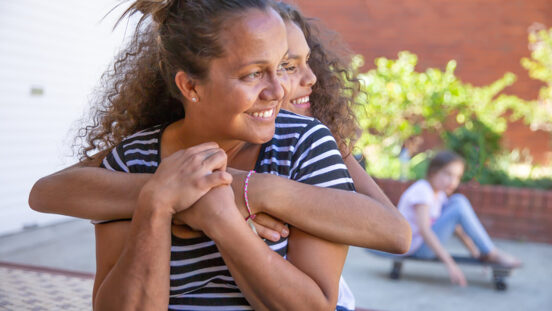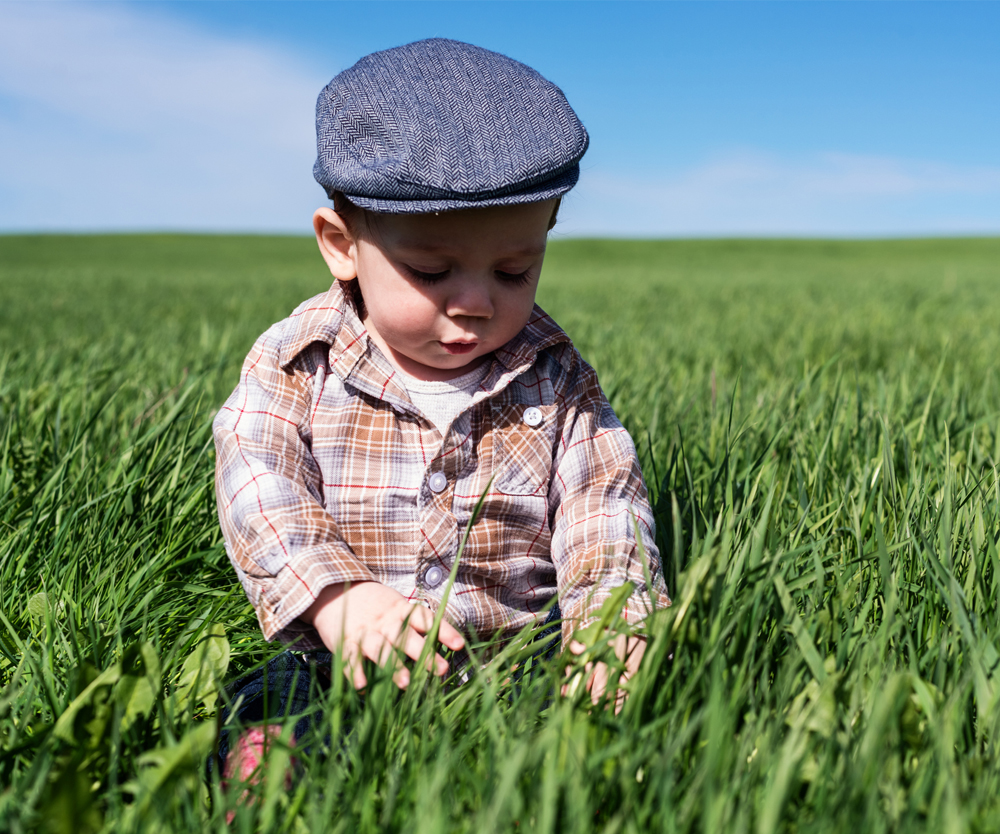Five reasons your kid needs to develop a daily news habit
Developing media literacy early on helps your child work out fact from fiction in every day reporting.
By Bryce Corbett
If the pandemic has taught me anything as a parent, it’s that there’s never been a more important time for our kids to be informed about the world around them.
Kids are curious about the world around them. But what’s being lost among our kids is an ability to work out when to trust a piece of information, and when to suspect there’s more to it than meets the eye.
But with so much bad news out there, the dilemma every parent faces is how to make your kids interested in the news – and by extension, the big wide-world they are going to grow up to live in – without making them anxious about it.

Bryce Corbett is an award-winning journalist and author. A former deputy editor of the Australian Women’s Weekly and producer with 60 Minutes, he’s currently the presenter/producer of Squiz Kids – a daily news podcast made just for kids.
Five reasons to encourage a daily news habit in your kids:
1. Spark conversations
As parents, we all want to keep the lines of communication open with our kids. The holy grail for any parent is to have a curious kid ask them questions about the world – a bit of back and forth across the breakfast bar or in the car on the way to school drop off.
2. Raise a world citizen
The speed at which the internet has shrunk the world, the inter-connectedness of economies, the ease with which we jump on planes to travel to other countries (post COVID!) means today’s kids will need to be global citizens if they want to get ahead as adults. And that means developing early on an interest in the world around them. Without making them anxious.
3. Develop media literacy
In a world in which information is coming at them from multiple sources (many of them dubious) multiple times a day, there’s never been a more important time to teach your kids to be critical consumers of media. To learn how to separate the fake news from the real news.
4. Screen time, but not as they know it
The beauty of the podcast medium is that it’s kind of like screen time – but without any of the unhealthy side-effects. Lots of parents report back that it’s seven minutes a day that their kids are still and focused.
5. Sugar-coated broccoli
You want your kids’ brains to be well-fed, right? But you understand that they’re not going to eat broccoli unless it’s disguised as a treat.

Podcasts like Squiz Kids make the news fun – with a daily news quiz. 80,000 Aussie kids a day (and counting) can’t be wrong!
As a journalist of some 25 years’ experience – and as a father of two primary school-aged kids – I’ve watched my own kids grow up with not much of an idea about the world around them. More worryingly, in an era of social media, the information they are getting is often loaded with opinion, pushing an agenda or just plain wrong. Fake news, anyone?
We know from recent studies that children just don’t connect with traditional news media. Which is why I went and launched Squiz Kids – a daily news podcast made especially for kids. A seven-minute burst of news without the nasties. A daily fix of the all the things happening in the world – but delivered in a kid-friendly format.
It’s not a screen. It fits in with your daily schedule – be it on the school run or during that precious ten minutes you need to yourself during the witching hour before dinner. And if the reaction of the hundreds and hundreds of schools right across Australia that have made Squiz Kids a part of their daily classroom activity is any guide – both teachers and kids are finding something valuable (and hopefully entertaining) in it.




